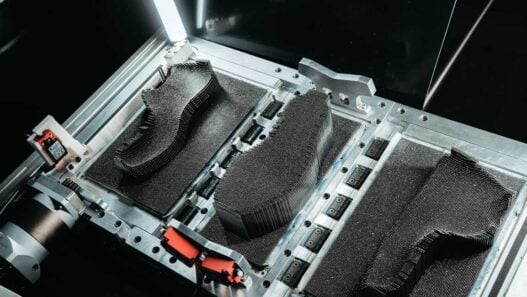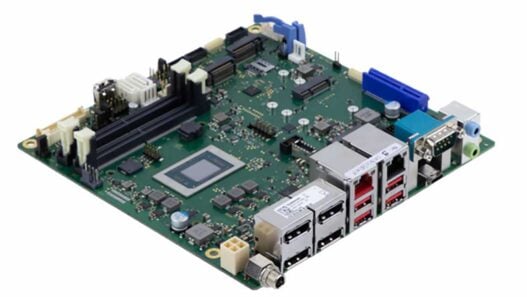The research variant of SoftHand offers open interfaces including Matlab. The industrial design, on the other hand, impresses with protection class IP65 and easily exchangeable gloves.
The SoftHand for research is intended for educational purposes, research institutes, laboratories, and universities. It is available in different colours and equipped with a stiff wrist. Numerous software interfaces, including Matlab-Simulink and a high-level C interface, are available to simplify integration with test programs.
The industrial-grade variant impresses with its flexible application options, which avoid tiresome gripper changes: Between the thumb and a finger, the SoftHand reliably holds objects weighing up to 600g. Once the SoftHand is fully utilised, the maximum gripping weight increases to two kilogrammes.
The wrist is rotatable; the gloves are easily replaceable. Protection class IP65 makes it possible to use it in damp, dusty or other environments that are unpleasant for humans. The SoftHand fulfils numerous normative requirements, especially regarding risk assessment, strength and force limitations.
Especially for highly sensitive robots, such as the Panda by Franka Emika, which has force sensors in all seven joints, the SoftHand is a congenial supplement. With its anatomical shape and 19 finger joints, the SoftHand can be used as a gripper for parts with complex geometries as well as for ‘shaking’ electromechanical or large electronic components into place in electronics production.













